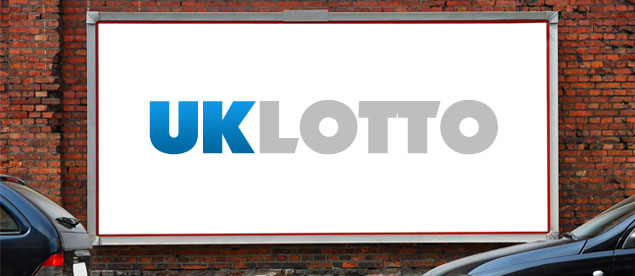A spokesperson for the Department stated that “a new Scottish state would have no right to continue being part of the UK National Lottery.” This lends credibility to the official statement given by Camelot officials, whose only response to the burning question has been “any decisions about the future shape of The National Lottery following a Scottish vote for independence in the referendum would be a matter for the respective governments, not Camelot.”
If this is true, then the 1.6 million Scottish households who play the lottery may face losing out on the chance to play lottery games, win prizes and help support great causes. It remains to be seen if anything would be done to resolve the matter if Scotland chooses independence, although a website has appeared that says it has a solution to the issue in the form of a new Scottish Lottery. Apart from that, the goals of the site are unclear.
However, there is no official indication that some Scottish leaders have any plans in place for creating a lottery that benefits national interests when they believe that things will stay the same no matter what. A spokesperson for Scottish Finance Secretary John Swinney has been quoted as saying “The current Camelot contract runs to 2023. Given that Scotland already contributes to the lottery, there is absolutely no reason why it should not continue to operate as it does just now.” It now appears that Mr Swinney may need to rethink his position.
While many of the burning questions discussed in the lead-up to the referendum may not have definitive answers, it appears that we finally have a firm conclusion to Scotland’s National Lottery dilemma - if they want to play, they’ll have to stay.



